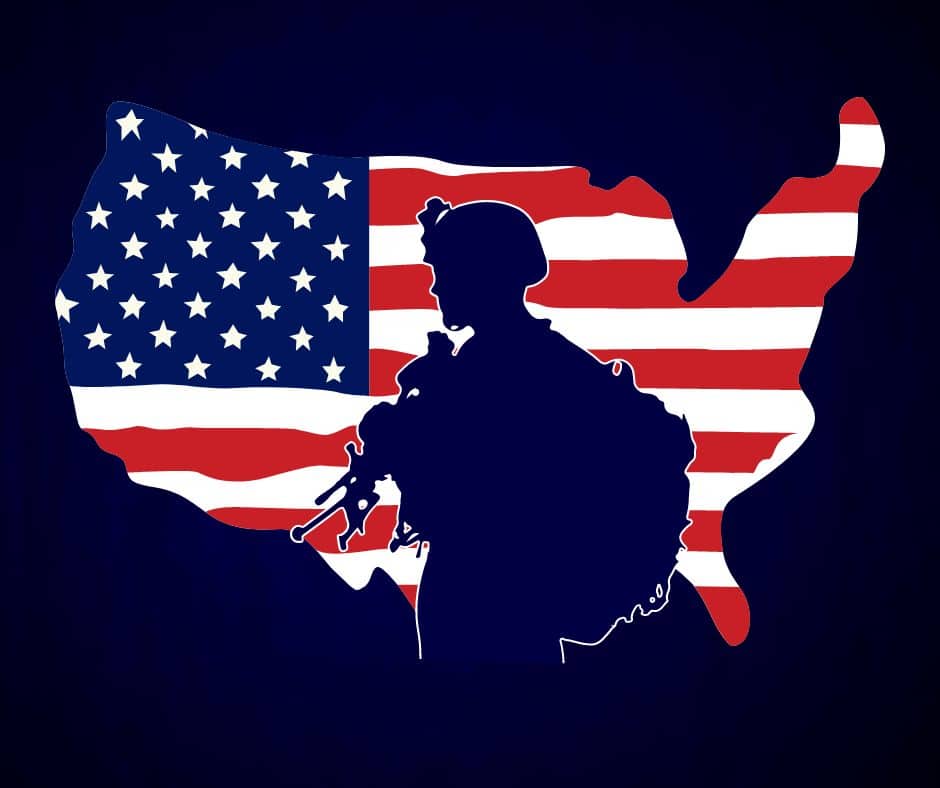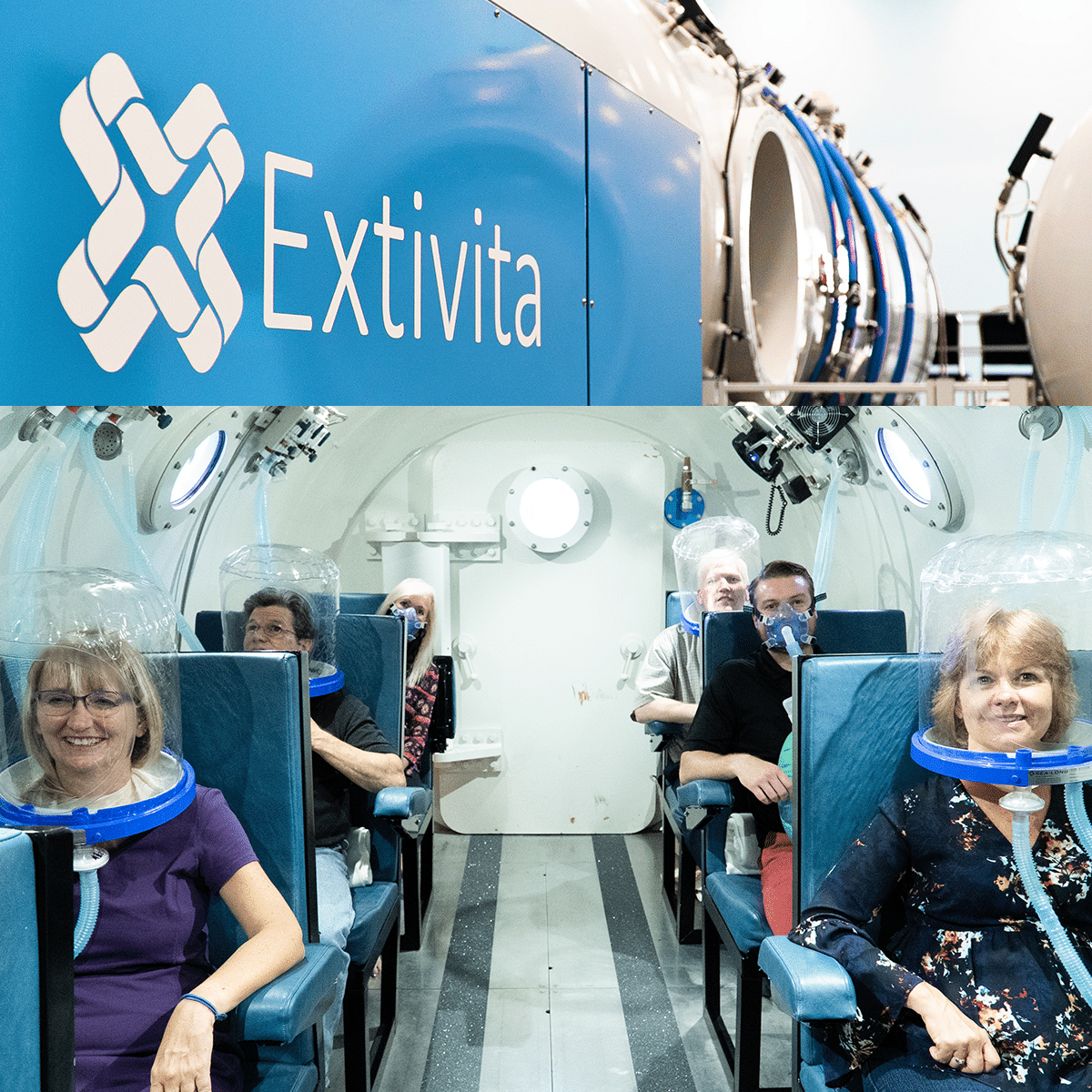Traumatic brain injuries (TBIs) have become an all-too-common consequence of modern warfare, affecting countless veterans returning from combat zones. These injuries can have a profound impact on a person’s quality of life, leading to physical, cognitive, and emotional challenges that persist long after the battlefield. However, amidst the adversity, a ray of hope shines through a groundbreaking therapy known as Hyperbaric Oxygen Therapy (HBOT).
In a recent article published on the Daily Advance, a remarkable story unfolds about the transformative power of HBOT in treating veterans with brain injuries. The article sheds light on the incredible strides made by our company, Extivita, in harnessing this cutting-edge technology to provide relief and healing to those who have sacrificed so much for our country. Extivita proudly stands as the sole treatment center for veterans in North Carolina, offering a unique haven of care and expertise.
The Daily Advance article, titled “HBOT Therapy: Helping Heal Vets with Brain Injuries,” delves into the extraordinary journey of several veterans and their remarkable recoveries. It highlights the pivotal role played by HBOT in reversing the devastating effects of TBIs and improving their overall well-being. As an industry leader in this groundbreaking therapy, Extivita has played a significant part in revolutionizing brain injury treatment and restoring hope to countless veterans.
The article specifically mentions Extivita as the sole treatment center for veterans in North Carolina, underscoring the clinic’s commitment to providing specialized care tailored to the unique needs of veterans. This recognition speaks volumes about the expertise, dedication, and unwavering support offered by Extivita to those who have bravely served our nation.
Military veterans with traumatic brain injuries and post-traumatic stress disorder are finding relief in North Carolina through hyperbaric oxygen therapy, with efforts underway to vastly expand the program.
The therapy, known as HBOT, involves treating veterans with 100% oxygen under two atmospheres of pressure in hypobaric chambers at Durham’s Extivita clinic, using funds appropriated by the General Assembly.
“When you put 100% oxygen under pressure, it drives it into areas of the body that’s not healing,” said Jim Hooker, a veteran who helped launch the HBOT for Vets program in 2019 with the help of then-state Rep. Greg Murphy, a physician who now represents the state’s 3rd Congressional District.
Veterans with PTSD and traumatic brain injuries lose blood flow and function of areas of the brain, and HBOT “regenerates new tissue where tissue is destroyed, or heals the tissue injured,” Hooker said.
The HBOT treatment involves approximately 40 sessions in the hypobaric chamber, at a discounted cost of about $4,000. In recent years, it’s produced remarkable results for more than two dozen North Carolina veterans who have participated. In a broader study, HBOT produced “one of the greatest reductions in PTSD symptoms in a four-week period with any reported treatment.”
“I would like to say I made a complete change in my life in the direction of good, allowing myself to be a better husband and a better member of society and know that there is hope for the life ahead of me,” said Simon LeMay, who was among the first North Carolinians to receive the treatment after struggling with thoughts of suicide.
Proponents of HBOT in North Carolina and other states contend the treatment holds the potential to greatly reduce suicides among veterans with traumatic brain injury and PTSD, which occur at roughly twice the rate of the civilian population. The treatment, however, is not approved by the federal government, which classifies TBI and PTSD as mental illness. The only approved treatments include drugs and counseling, while efforts in Congress to include HBOT have floundered.
“The drug industry, which has control of the brain, doesn’t want to let it go,” Hooker said. HBOT “is terrifying to them because it works.”
The situation compelled Hooker and others to work with Murphy to pass legislation in 2019 to allow HBOT in North Carolina, and to secure $150,000 in 2021 to help fund treatments for 21 veterans. The General Assembly approved an additional $100,000 in 2022 that treated another 15.
HBOT for Vets now has a pending request for $1 million in the upcoming budget officials plan to match with private donations to expand across the state. Melissa Spain, CEO of The Community Foundation of NC East, the fiduciary of the state funds, said it’s difficult to predict how many veterans the expansion will serve, as HBOT for Vets covers travel costs and hotel stays for treatment, which varies depending on each veteran’s situation.
Regardless, “we do have the support of the General Assembly and legislative leaders,” she said, adding that approval is expected by early July.
In the meantime, HBOT for Vets is working to construct a half dozen additional hypobaric chambers across the state, launch a media campaign to expand outreach, and continue efforts to recognize HBOT as an approved treatment at the federal level.
Last week, Murphy introduced the Veterans’ National Traumatic Injury Treatment Act, a bipartisan bill to establish a pilot program at the Department of Veterans Affairs to make HBOT available to veterans with PTSD and TBI. North Carolina Democratic Rep. Don Davis is co-sponsoring the bill, along with others from Washington and Virginia.
“Every day an average of 18 veterans commits suicide. We cannot accept this and must acknowledge that not all treatments work,” Murphy said. “When all other remedies for PTSD or TBI do not make a difference, the federal government has a responsibility to deliver an alternative option to our veterans. HBOT is that alternative. My legislation provides a common sense solution and ensures veterans have every chance to regain a normal life.”
Cited by: Daily Advance


